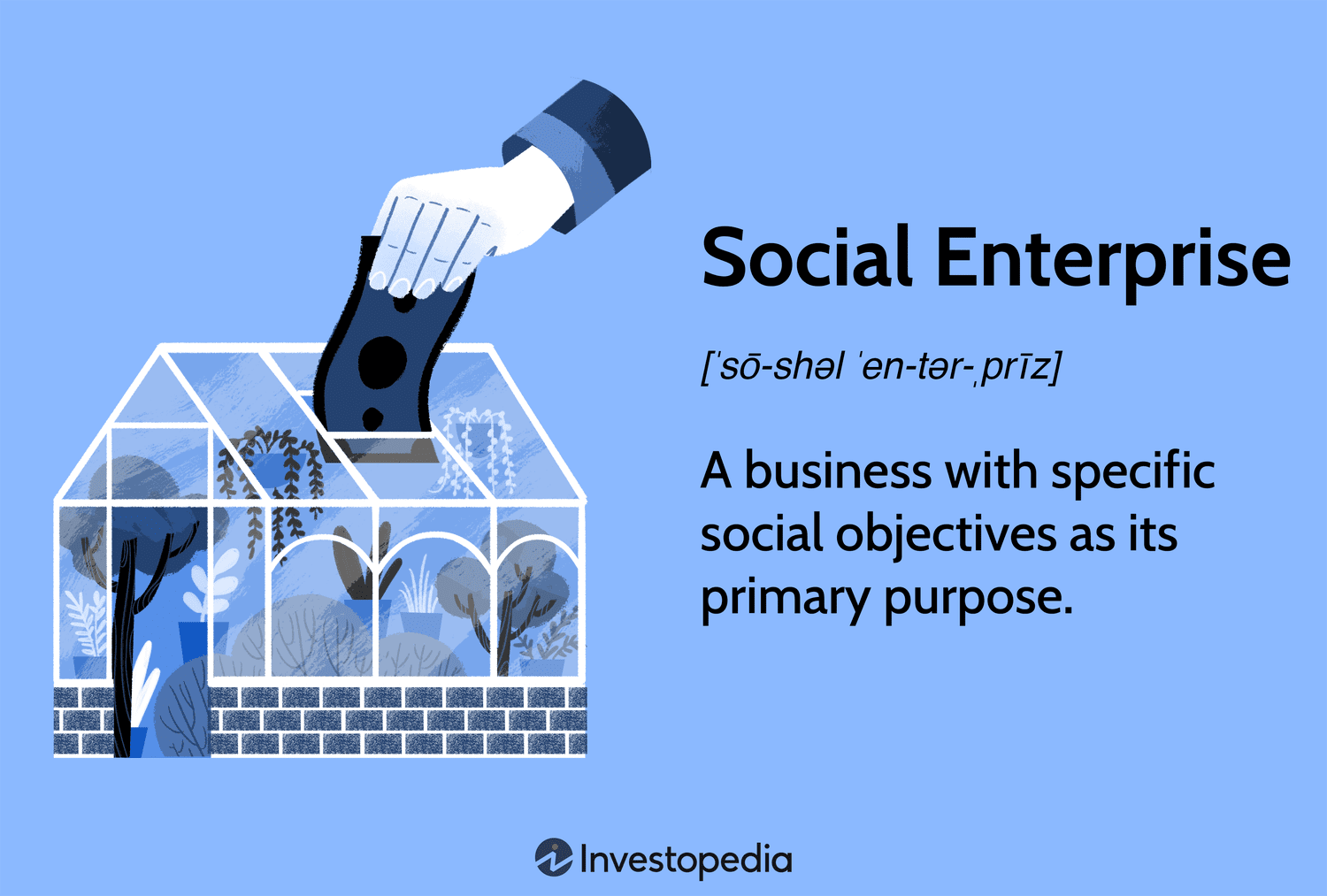The Role and Contributions of Social Enterprises in Fonni, Italy
Fonni, a charming town in the heart of Sardinia, Italy, is home to a growing number of social enterprises that are making significant contributions to the community. These enterprises blend business principles with social missions, aiming to address local challenges and promote sustainable development. This article explores the role of social enterprises in Fonni, highlighting their contributions to the community and their impact on economic and social well-being.

The Role and Contributions of Social Enterprises in Fonni, Italy
Understanding Social Enterprises
Social enterprises are businesses that prioritize social objectives alongside financial goals. Unlike traditional businesses, their primary aim is to create social value, often by addressing issues such as unemployment, social inclusion, environmental sustainability, and cultural preservation. Profits generated by social enterprises are typically reinvested into the community or used to further their social missions.
Key Areas of Contribution
1. Job Creation and Economic Development
Social enterprises in Fonni play a crucial role in creating employment opportunities, particularly for marginalized groups. By offering jobs to individuals who may face barriers to employment, such as youth, women, and people with disabilities, these enterprises help reduce unemployment and promote economic inclusion.
For instance, social enterprises focused on artisanal crafts provide training and employment to local artisans, preserving traditional skills while generating income. Similarly, agritourism ventures create jobs in rural areas, offering positions in farming, hospitality, and tourism services.
2. Sustainable Practices and Environmental Stewardship
Environmental sustainability is a core focus for many social enterprises in Fonni. These businesses implement eco-friendly practices and promote sustainable lifestyles, contributing to the preservation of the town’s natural beauty and resources.
Examples include organic farming enterprises that use sustainable agricultural methods, reducing chemical use and promoting biodiversity. Renewable energy projects, such as solar and wind power installations, are also gaining traction, providing clean energy and reducing the community’s carbon footprint.
3. Social Inclusion and Community Empowerment
Social enterprises are instrumental in fostering social inclusion and empowering local communities. They create platforms for community engagement, encouraging participation in decision-making processes and promoting social cohesion.
Educational and cultural initiatives led by social enterprises help empower local residents by providing access to knowledge, skills, and resources. These initiatives include workshops, training programs, and cultural events that celebrate Fonni’s heritage and foster a sense of belonging and pride among residents.
4. Preservation of Cultural Heritage
Fonni’s rich cultural heritage is a valuable asset, and social enterprises play a vital role in preserving and promoting it. By supporting traditional crafts, local cuisine, and cultural events, these enterprises ensure that Fonni’s unique traditions are maintained and celebrated.
Artisanal cooperatives, for instance, produce traditional Sardinian textiles, ceramics, and foods, which are sold both locally and internationally. Cultural festivals and markets organized by social enterprises attract tourists and locals alike, providing a platform for cultural exchange and economic activity.
Examples of Social Enterprises in Fonni
1. Cooperativa Sociale Terra Nostra
Terra Nostra is a social cooperative dedicated to sustainable agriculture and social inclusion. It operates organic farms that employ individuals from vulnerable groups, providing them with stable employment and skill development opportunities. The cooperative’s products are sold at local markets and through direct-to-consumer models, promoting healthy and sustainable food choices.
2. Artisanal Collective Su Tenore
Su Tenore is an artisanal collective that focuses on preserving traditional Sardinian crafts. The collective provides training and employment to local artisans, producing high-quality textiles, ceramics, and woodwork. Su Tenore’s products are showcased at cultural festivals and sold in local and international markets, highlighting Fonni’s rich cultural heritage.
3. EcoFonni Renewable Energy Initiative
The EcoFonni initiative promotes renewable energy projects in the region, including solar and wind power installations. This social enterprise collaborates with local businesses and the government to reduce the town’s reliance on non-renewable energy sources. The initiative also educates the community on the benefits of renewable energy, fostering a culture of sustainability.
Challenges and Opportunities
1. Funding and Financial Sustainability
One of the main challenges for social enterprises in Fonni is securing sufficient funding to sustain and expand their operations. Unlike traditional businesses, social enterprises often rely on grants, donations, and impact investments, which can be unpredictable and limited.
To overcome this challenge, social enterprises can explore diverse revenue streams, such as social impact bonds, crowdfunding, and partnerships with private sector companies. Building a strong case for the social and environmental impact of their work can also attract more investors and supporters.
2. Regulatory Environment
Navigating the regulatory environment can be complex for social enterprises, especially when dealing with multiple sectors such as agriculture, energy, and tourism. Clear and supportive regulatory frameworks are essential to enable social enterprises to operate effectively and achieve their missions.
Local governments can support social enterprises by providing streamlined processes for registration and compliance, offering tax incentives, and creating supportive policies that recognize the unique contributions of these enterprises.
Conclusion
In conclusion, social enterprises in Fonni, Italy, play a vital role in addressing local challenges and promoting sustainable development. Through job creation, sustainable practices, social inclusion, and cultural preservation, these enterprises contribute significantly to the community’s economic and social well-being. While they face challenges such as funding and regulatory complexities, the opportunities for growth and impact are substantial. By fostering a supportive environment for social enterprises, Fonni can continue to thrive as a model of community-driven development and social innovation.
